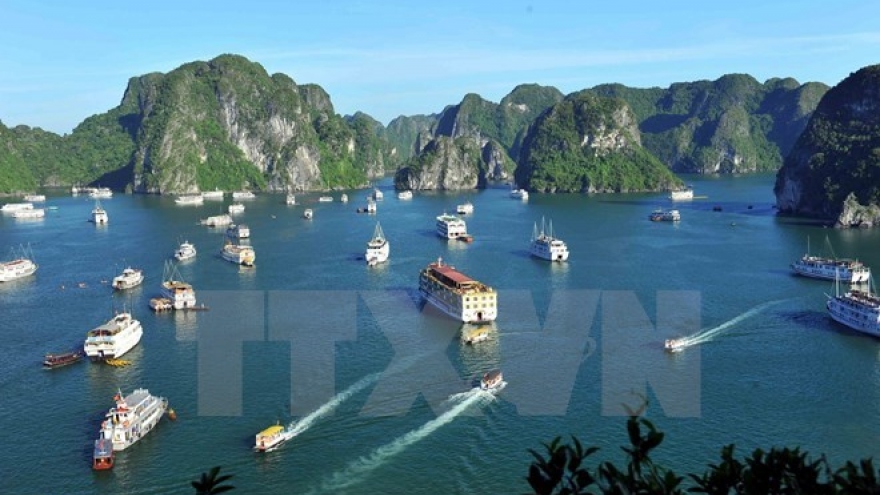Alarm for FDI sector in environmental protection
The foreign direct investment (FDI) sector, which has significantly contributed to the growth of the Vietnamese economy, has on the other hand posed negative impacts to the nation’s ecosystem with a number of environmental destruction cases, seriously affecting the public health.
A recent survey by the University of Economy under the Hanoi National University showed that 45% of 150 FDI firms in 2011 did not apply a low-emission production process, while 69% said they would not implement the process if they were not obliged to, and 57.7% took high cost as an excuse.
Currently, only 66% out of a total of 289 industrial parks nationwide have a concentrated wastewater treatment station. Especially, up to 75% of industrial parks and 85% of industrial clusters in the Mekong Delta are yet to be equipped with such facility.
 |
| Leaders of Formosa apologise to Vietnamese people for causing mass fish deaths along central coast |
At the same time, FDI projects in Vietnam , mostly run by Asian investors, have medium technology using large amounts of natural resources and releasing high emissions.
According to the Central Institution for Economic Management, as of 2013, only 5% of FDI firms in Vietnam own high technology, while about 80% of them operate medium technology and the remaining percent use out-of-date technology.Between 2011 and 2015, FDI mostly flowed to such areas as apparel, chemicals, electronics, paper and iron with many latent risks of environment pollution.
Meanwhile, from 1988 to 2013, only 28 out of 16,000 FDI projects, or 0.2%, were launched on wastewater treatment, with only US$710 million or 0.36% of total registered investment.
Some serious environmental incidents have been recorded, changing the ecosystem and affecting economic growth and social security at the sites.Notably, the Vedan company in the southern province of Dong Nai released its untreated wastewater to the Thi Vai River over 14 years, while the Miwon company in the northern province of Phu Tho let 900 cubic meters of wastewater out to the Red River. Most recently, Formosa Ha Tinh’s poisoning wastewater caused mass fish deaths along the country’s central coasts.
In order to prevent negative impacts on the environment by the FDI sector, experts held that it is crucial to prioritise projects from developed countries with a good sense of environmental protection, while strengthening the effectiveness of state management over the FDI sector’s environmental conservation.



